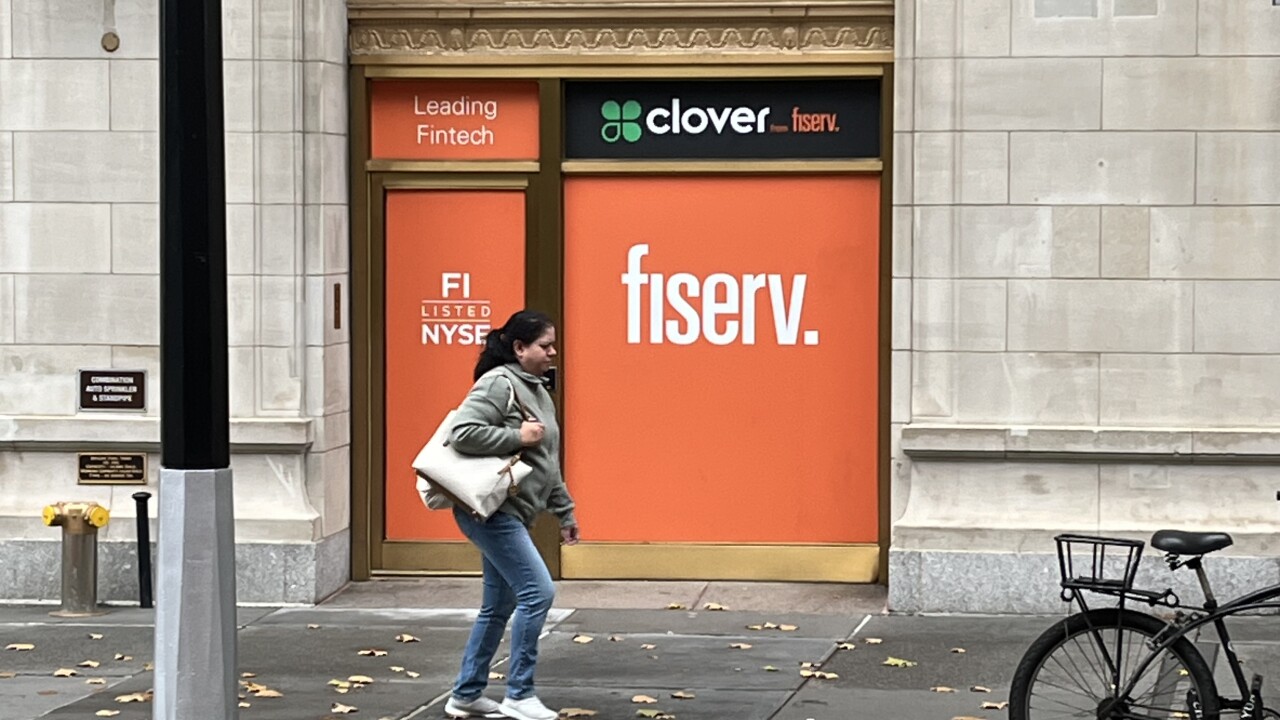Three massive companies, Alipay, Apple and PayPal, are on a collision course as they move to shake up the global e-payments market.
China's Alipay has made a series of tech upgrades, partnerships and product launches that nudge it closer to the U.S. and European payments markets. Given Alipay's formidable scaleit processed nearly $1 trillion in online payments in 2013it can certainly fight in PayPal and Apple's weight class.
"Payments is a two-sided market, you need a buyer and a seller," said Gareth Lodge, a senior analyst at Celent. "That's why it's so hard to launch a new payment type, because it's hard to attract one side without the other."
Apple and PayPal are already butting heads following the reveal of the Apple Pay wallet. And this week, Alipay launched
Alibabathe company that created Alipay in 2004 and still maintains an affiliate relationship with itwent public about a month ago, and Alipay has been rapidly bulking up its mobile payment technology. It
Apple and PayPal are just as active. Today, Apple launched
Any designs Alipay has on the U.S or European market will be met with stiff competition from PayPal, Apple and others with established market share and brand recognition, experts say. Alipay did not make an executive available for an interview by deadline.
"PayPal is by far the most popular digital wallet around the world and is in many countries. One country where it is not popular is China. And Alipay is incredibly popular in China, but has very few users outside of China," said Gil Luria, an analyst at Wedbush Securities.
Like Alipay, PayPal and Apple are both making moves to expand worldwide. Apple's partners are already preparing to accept its mobile wallet
"Given the size of Alipay and PayPal
and their very close relationships with their respective merchandise platforms, Alibaba and eBay, there is so much opportunity for them to run into each other," Michael Misasi, a senior analyst at Mercator Advisory Group. There have been suggestions that Alibaba should
The problem for all three companies in head-to-head competition is entrenchment. PayPal and Apple are both established brands in the west, making it hard for Alipay; and the Chinese government has been cool to PayPal, suggesting it would be hard for either PayPal or Apple to penetrate the Chinese market with a direct-to-consumer product, Luria said.
"And not only is PayPal popular in the U.S., there are many other companies that are powerful in the digital wallet space, like Amazon, Google and Visa," Luria said. Other companies, such as
"Apple Pay wouldn't become a version of PayPal in China just like PayPal can't work in China," Luria said. "The iPhone 6 with an NFC chip could facilitate Alipay transactions, but it doesn't seem like the Chinese government wants Apple to become a payments company in China. If it did, PayPal would be in China."
That leaves cross-border payments, and even there, Alipay's move targets a friendly scenarioChinese consumers are the end users. "That cross-border market is undeveloped, and that's a greenfield for Alipay," Luria said.
Alipay may have an opportunity to compete for U.S. merchants in the cross-border B2B market, Misasi said. "The opportunity is not as much U.S. consumers, but businesses in the U.S. ordering supplies or raw materials from Chinese suppliers," he said.
It's still too early to gauge how Apple Pay will threaten PayPal or Alipay's designs on any market, Misasi said. But Apple has its own obvious scale advantage, and on Oct. 16 announced that about 500 banks are supporting Apple Pay.
"With Apple, these other companies are going to have to be top-of-mind with consumers," Misasi said.





